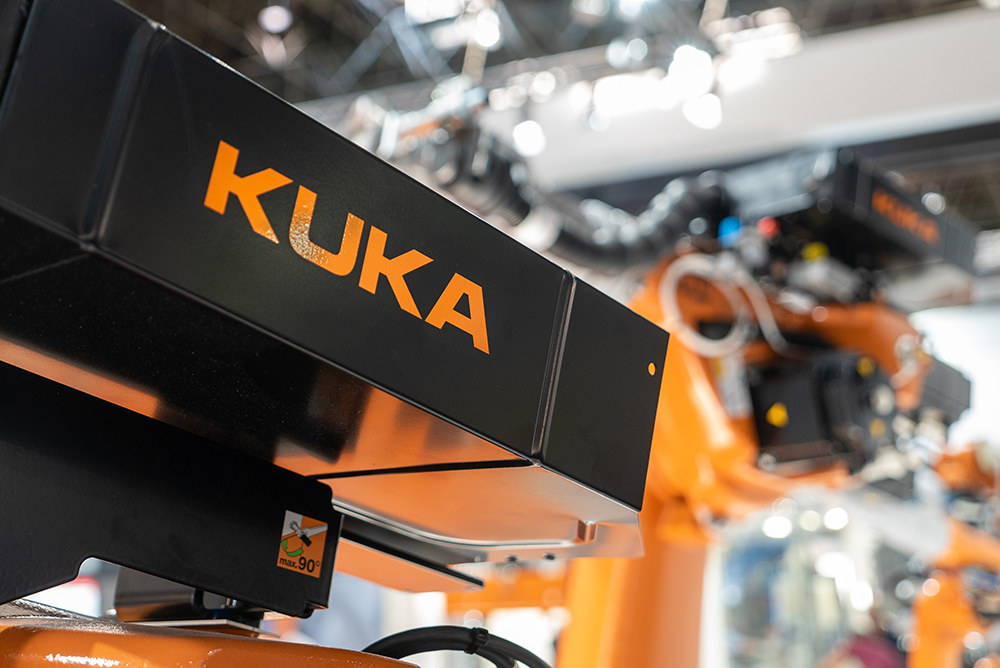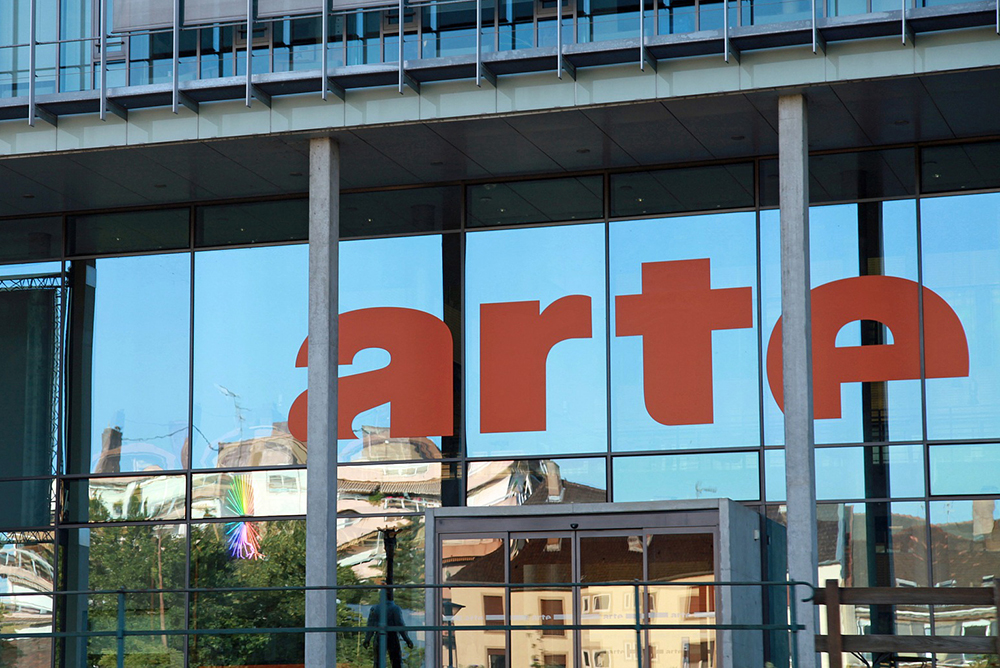Facial recognition is a problematic technology, especially when it is used to monitor people. However, it also has potential, for example with regard to the recognition of (individuals of) animals. Prof. Dr. Oliver Bendel had announced the topic “ANIFACE: Animal Face Recognition” at the University of Applied Sciences FHNW in 2021 and left the choice whether it should be about wolves or bears. Ali Yürekkirmaz accepted the assignment and, in his final thesis, designed a system that could be used to identify individual bears in the Alps – without electronic collars or implanted microchips – and initiate appropriate measures. The idea is that appropriate camera and communication systems are available in certain areas. Once a bear is identified, it is determined whether it is considered harmless or dangerous. Then, the relevant agencies or directly the people concerned will be informed. Walkers can be warned about the recordings – but it is also technically possible to protect their privacy. In an expert discussion with a representative of KORA, the student was able to gain important insights into wildlife monitoring and specifically bear monitoring, and with a survey he was able to find out the attitude of parts of the population. Building on the work of Ali Yürekkirmaz, delivered in January 2022, an algorithm for bears could be developed and an ANIFACE system implemented and evaluated in the Alps. A video about the project is available here.
ARTE about Social Robots
Since January 20, 2022, the ARTE broadcast “Werden wir Roboter lieben?” (“Will we love robots?”) has been available online. On February 19, 2022, the classic version will follow on the German-French culture channel. Tanja Küchle has masterfully presented and implemented a difficult topic. “According to estimates, there are now more than 1.7 million robots with social characteristics worldwide. They care for, educate, help, and entertain us. There have also long been highly engineered sex robots. But can these machines actually develop feelings – or even feel love?” (Website ARTE, own translation) Prof. Dr. Peter Robinson, computer scientist at the University of Cambridge, Dr. Hooman Samani, roboticist at the University of Plymouth, Prof. Dr. Martin Fischer, cognitive psychologist at the University of Potsdam, Prof. Dr. Catrin Misselhorn, philosopher at the University of Göttingen, and Prof. Dr. Oliver Bendel, information and machine ethicist at the School of Business FHNW, have their say. Oliver Bendel has been researching conversational agents and social robots for more than 20 years and has published the Springer book “Social Robots” at the end of 2021. More information on the program via www.arte.tv/de/videos/101938-004-A/42-die-antwort-auf-fast-alles/ (photo: ARTE).
Robots by the Hour
“Robots by the Hour” – this is the motto of Formic. The company, which is based in Chicago, buys standard robot arms that perform a simple, repetitive job (such as lifting a piece of metal into a press, which then bends the metal into a new shape) and leases them along with its own software. Wired magazine writes: “They’re among a small but growing number of robots finding their way into workplaces on a pay-as-you-go basis.” (Wired, 18 January 2022) Polar is one of the companies trying out the leasing offer. Jose Figueroa, who manages Polar’s production line, says the robot “costs the equivalent of $8 per hour, compared with a minimum wage of $15 per hour for a human employee. Deploying the robot allowed a human worker to do different work, increasing output …” (Wired, 18 January 2022) Formic writes on its website: “We didn’t invent automated systems, but we democratized them. Because technology doesn’t change the world until you make it accessible to those who need it most. Automation is a necessity, not a luxury. And our mission is to continue the American legacy of innovation by making it your reality.” The future will show whether there is a market for leasing robots.
CfP for Robophilosophy 2022
Robophilosophy 2022 is the fifth event in the biennial Robophilosophy Conference Series. The first call for papers (CfP) was published in November 2021, and the second at the end of 2021. The extended deadline for submissions of extended abstracts and full papers is February 28, 2022. The event “will explore the societal significance of social robots for the future of social institutions with its usual broad scope, embracing both theoretical and practical angles” (CfP Robophilosophy). It “is an invitation to philosophers and other SSH researchers, as well as researchers in social robotics and HRI, to investigate from interdisciplinarily informed perspectives whether and how social robotics as an interdisciplinary endeavour can contribute to the ability of our institutions to perform their functions in society” (CfP Robophilosophy). Topics of interest include robots and social institutions in general, robots in law and policing, robots in healthcare, and robots and social justice. The conference will be held at the University of Helsinki in Finland from August 16-19, 2022. More information via www.rp2022.org.
Will We Love Robots?
“It is estimated that there are now more than 1.7 million robots with social attributes worldwide. They care for, educate, help, and entertain us. There have also long been highly engineered sex robots. But can these machines actually develop feelings – or even feel love?” (Website ARTE, own translation) ARTE asks this question in the series “42 – Die Antwort auf fast alles” (“42 – The Answer to Almost Everything”). The program “Werden wir Roboter lieben?” (“Will we love robots?”) will be broadcast on February 19, 2022. The online version is already available from January 20. Dr. Hooman Samani, a robotics expert at the University of Plymouth, Prof. Dr. Martin Fischer, a cognitive psychologist at the University of Potsdam, and Prof. Dr. Oliver Bendel, an information and machine ethicist at the Hochschule für Wirtschaft FHNW, will have their say. Prof. Dr. Oliver Bendel has been researching conversational agents and social robots for more than 20 years and has published the Springer book “Soziale Roboter” (“Social Robots”) at the end of 2021. More information on the program via www.arte.tv/de/videos/101938-004-A/42-die-antwort-auf-fast-alles/.




